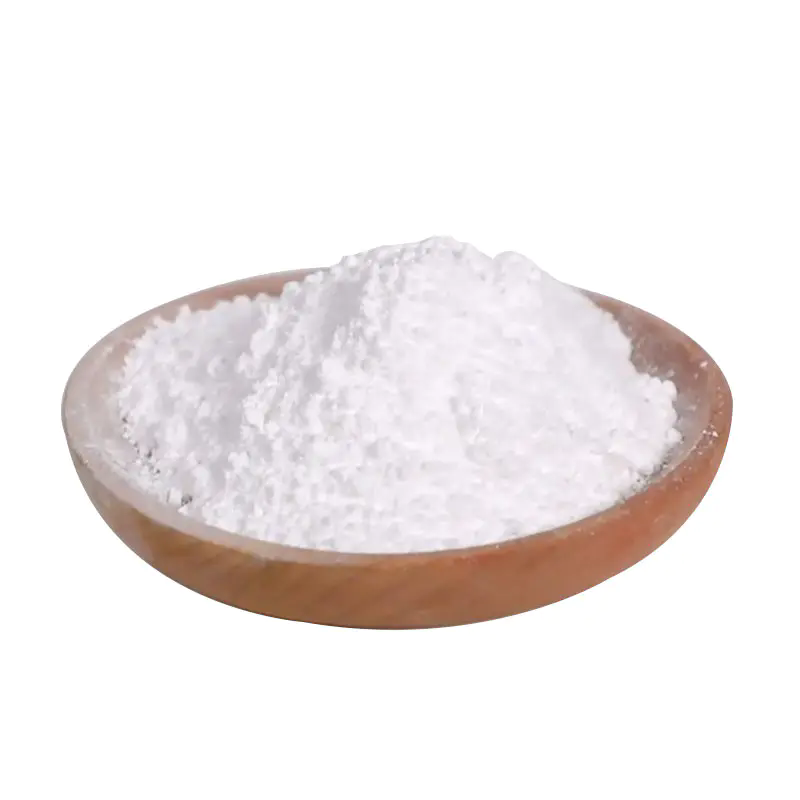Isophthalic Acid: A Key Ingredient in Modern Manufacturing
2025-04-28
In the world of chemicals and materials, there are a few substances that play a crucial role in making products stronger, more durable, and more versatile. Isophthalic Acid is one of those unsung heroes. While you might not have heard much about it, it’s actually a vital component in the production of a variety of industrial materials, from plastics to resins and beyond.

Let’s dive into what Isophthalic Acid is, how it's used, and why it’s so important in today's manufacturing processes.
What is Isophthalic Acid?
Isophthalic Acid (often abbreviated as IPA) is a type of aromatic dicarboxylic acid that is widely used in the production of polyesters and resins. It’s a chemical compound with the formula C8H6O4, and it’s known for its stability and ability to enhance the properties of various materials.
This compound is an isomer of terephthalic acid, meaning they share the same chemical formula but differ in the arrangement of their atoms. The difference in structure gives isophthalic acid distinct properties that make it valuable in different applications compared to its counterpart, terephthalic acid.
What Makes Isophthalic Acid Important?
1. Production of Polyester Resins
- Isophthalic Acid is a key ingredient in the production of unsaturated polyester resins (UPRs), which are widely used in various industries. These resins are popular because they have excellent mechanical properties and can be molded into different shapes and forms, making them perfect for automotive parts, boats, and construction materials. The inclusion of isophthalic acid in polyester resins gives them enhanced resistance to chemicals and heat.
2. Improved Durability in Materials
- When isophthalic acid is used in manufacturing, it helps improve the chemical resistance, heat stability, and mechanical properties of the final product. This is why it’s commonly used in products that need to withstand extreme conditions, such as in the automotive and construction industries.
3. Increased Flexibility in Applications
- Isophthalic acid is particularly valued because it can be used in a wide variety of applications. From the production of fiberglass to coatings and adhesives, its versatility makes it an essential part of many manufacturing processes. It also contributes to creating lightweight yet strong materials that are crucial in industries like aerospace and automotive.
4. Better Environmental Resistance
- Products made with isophthalic acid exhibit better resistance to environmental factors like UV light, water, and harsh chemicals. This makes isophthalic acid-based materials ideal for products exposed to outdoor conditions, like pipes, water tanks, and outdoor furniture.
Key Uses of Isophthalic Acid
Here are some of the primary industries and products where isophthalic acid plays a role:
1. Automotive Industry
- Isophthalic acid is used in the production of polyester resins for vehicle parts such as bumpers, fenders, and body panels. The material’s resistance to chemicals and high temperatures is essential for automotive components, which must withstand a wide range of conditions.
2. Construction Materials
- Isophthalic acid-based resins are also used in the production of fiberglass, which is a lightweight, durable material used in everything from building insulation to pipes and tanks. These materials are designed to resist corrosion, making them suitable for both residential and commercial construction.
3. Marine Industry
- In the marine industry, isophthalic acid resins are used for the construction of boats, yachts, and other watercraft. The water resistance and chemical stability provided by isophthalic acid are crucial for ensuring the durability of marine vessels.
4. Coatings and Paints
- Isophthalic acid is also used in the production of paint coatings that need to offer both aesthetic appeal and resistance to environmental factors. These coatings are applied to materials like metal and concrete to extend their lifespan and protect them from weather damage.
5. Electrical Components
- Isophthalic acid-based polymers are used in insulation materials for electrical components. Their heat and chemical resistance properties help prevent overheating and degradation of electrical wiring and devices.
The Manufacturing Process of Isophthalic Acid
The production of isophthalic acid typically involves the oxidation of m-xylene. The process generally follows these steps:
1. Oxidation of m-Xylene: The m-xylene is oxidized in the presence of oxygen, usually using a catalyst, to produce a mixture of acids, including isophthalic acid.
2. Purification: The resulting mixture is then purified to isolate isophthalic acid, which is then processed into a usable form for industrial applications.
While the process may vary slightly depending on the production methods used, this basic approach is commonly followed in the industry.
Final Thoughts
Isophthalic Acid might not be a household name, but it’s undeniably essential in modern manufacturing. From the automotive and construction industries to marine applications and electrical components, this versatile compound helps produce materials that are durable, resistant, and adaptable to a wide range of conditions. Its ability to improve the properties of resins and polymers makes it a valuable asset in creating products that last longer and perform better.
Next time you come across a fiberglass boat, a chemical-resistant pipe, or a sleek automotive part, you might just be witnessing the magic of isophthalic acid at work!


